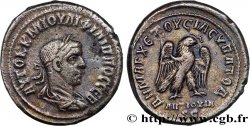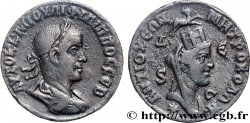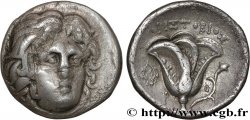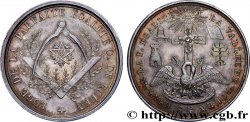Live auction - bpv_154309 - PHILIPPUS II Tétradrachme syro-phénicien
You must signin and be an approved bidder to bid, LOGIN TO BID. Accounts are subject to approval and the approval process takes place within 48 hours. Do not wait until the day a sale closes to register. Clicking on "BID" constitutes acceptance of the terms of use of cgb.fr private live auctions.
Bids must be placed in whole Euro amounts only. The sale will start closing at the time stated on the item description; any bids received at the site after the closing time will not be executed. Transmission times may vary and bids could be rejected if you wait until the last second. For further information check the Live auction FAQ
All winning bids are subject to a 18% buyer’s fee.
All winning bids are subject to a 18% buyer’s fee.
| Estimate : | 200 € |
| Price : | 100 € |
| Maximum bid : | 100 € |
| End of the sale : | 17 December 2024 14:28:54 |
| bidders : | 1 bidder |
Type : Tétradrachme syro-phénicien
Date: 249
Mint name / Town : Antioche, Syrie, Séleucie et Piérie
Metal : billon
Diameter : 28,00 mm
Orientation dies : 11 h.
Weight : 12,97 g.
Rarity : R3
Coments on the condition:
Très faible usure, limitée au ventre de l’aigle, bonne frappe bien centrée, bonnes surfaces avec une petite tache sombre au droit derrière la tête
Catalogue references :
Predigree :
Cet exemplaire, qui provient de la trouvaille dite de Pars, est le 0468_004 de la base TSP
Obverse
Obverse description : Buste lauré, drapé et cuirassé de Philippe II Auguste à gauche, les ptéryges de l’épaule gauche vues de face, vu de trois quarts en avant (A*1).
Obverse legend : AUTOK K M IOUL FILIPPOS SEB, (Autokratoros Kaisaros Markos Ioulios Filippos Sebastos)
Obverse translation : (L’empereur césar Marc Jules Philippe auguste).
Reverse
Reverse legend : ANTIOXIA / S|C À L’EXERGUE.
Reverse description : Aigle debout à gauche, les ailes largement déployées, tête à gauche et queue à droite, tenant une couronne feuillée dans son bec.
Reverse legend : DHMARC - EX OUSIAS UPATOD
Reverse translation : (Revêtu de la puissance tribunitienne / Consul pour la quatrième fois / avec l’accord du Sénat d’Antioche).
Commentary
Dans la base TSP maintenue par Michel Prieur, sept exemplaires sont maintenant répertoriés pour ce type, dont trois en musées, Doura, Berlin et l’ANS.
In the TSP database maintained by Michel Prieur, seven examples are now listed for this type, including three in museums, Doura, Berlin and the ANS
In the TSP database maintained by Michel Prieur, seven examples are now listed for this type, including three in museums, Doura, Berlin and the ANS







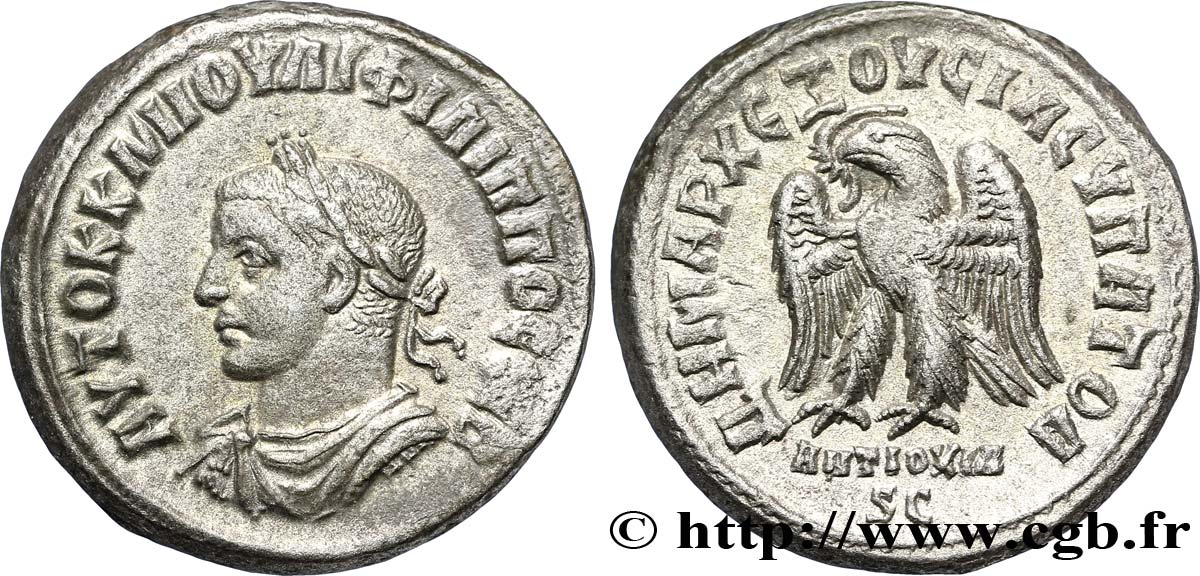
 Report a mistake
Report a mistake Print the page
Print the page Share my selection
Share my selection Ask a question
Ask a question Consign / sell
Consign / sell
 Full data
Full data
